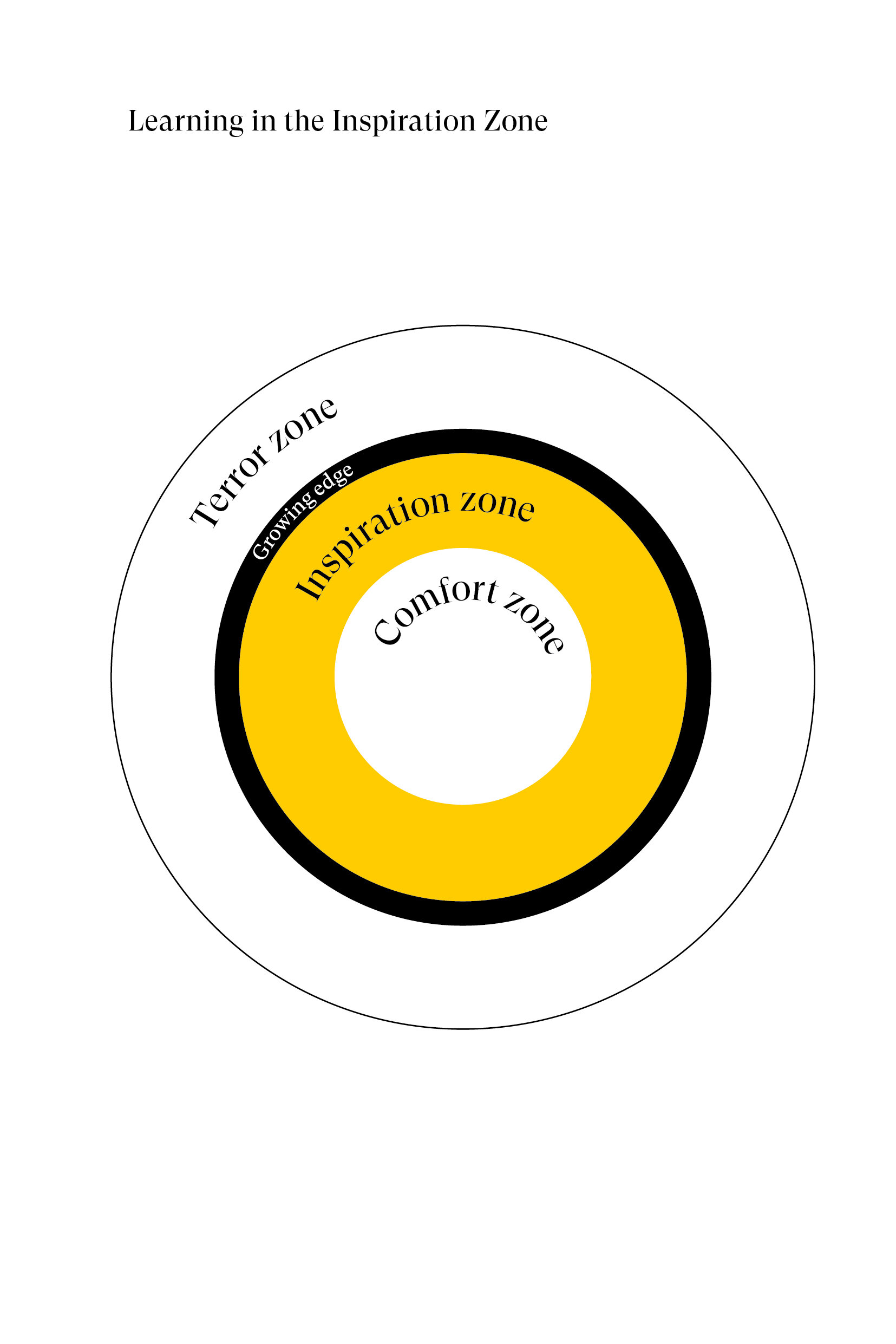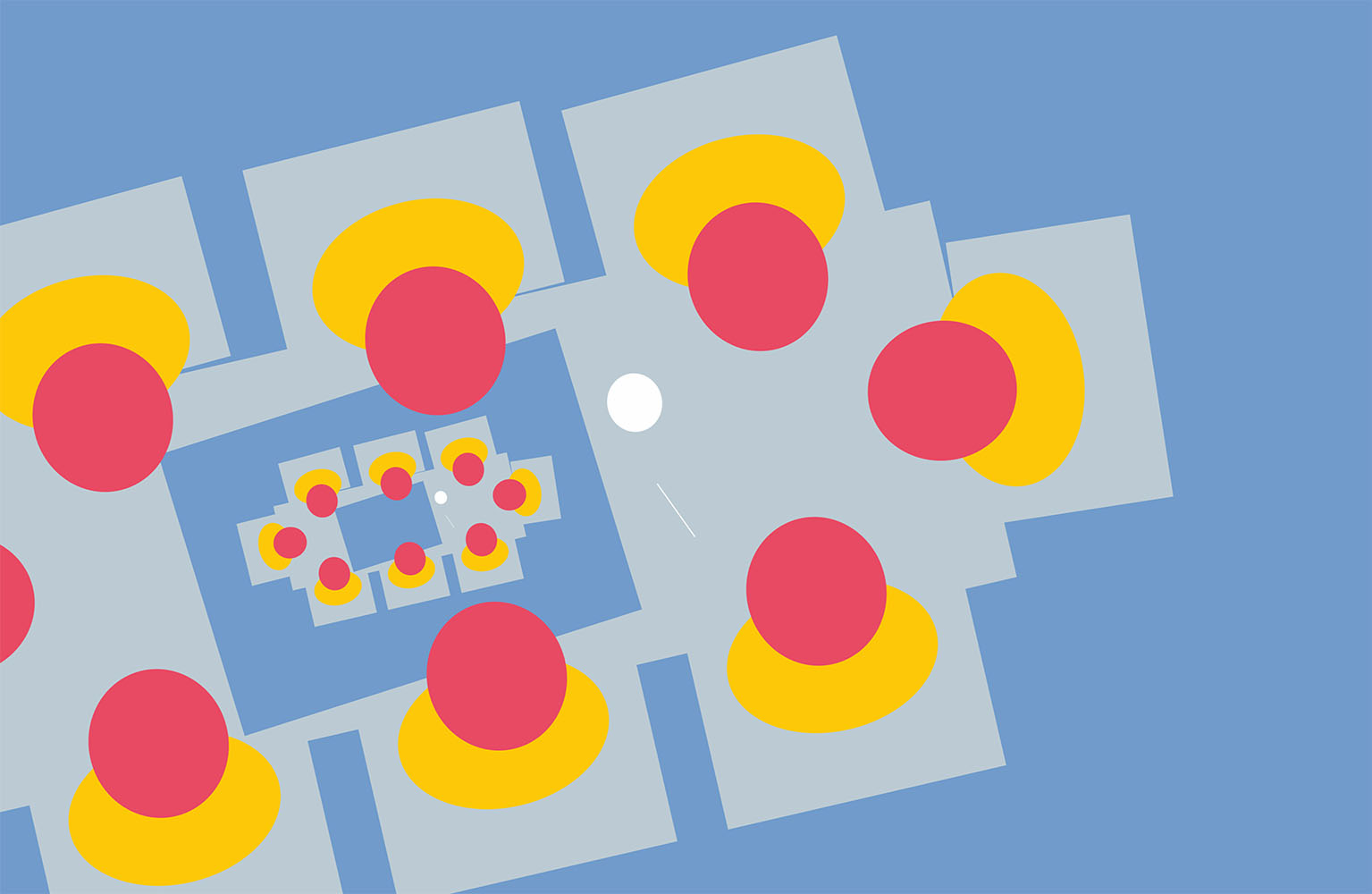“I’m always agitated and can’t concentrate.”
“I’ve been feeling exhausted, sometimes as soon as I get out of bed”.
“I haven’t been very productive lately.”
These are some testimonies from my colleagues, with whom I sat together in a virtual morning meditation today. After having sat in silence for 30 minutes, we exchanged our experiences of currently working from home.
My colleagues and I are all very flexible and agile workers by routine. We haven’t had fixed working hours for years. Everyone can freely choose from where they want to work. During the time of our greatest spread, we checked in to our weekly team meeting on Zoom from eight different countries. And yet, while we experience the currently mandated home office partly as an opportunity (how this will accelerate digitization in Germany! what important subjects, that have so far been largely ignored, will we be able to broach!), it’s also a considerable strain on us.
Suddenly everyone is working from home
#Workingfromhome is trending on twitter. Innumerable social media posts, blogs, newspaper articles, podcasts and radio shows have been devoted to the subject. No wonder, since Germany, when it comes to working from home, has a lot of catching up to do. In German society, where many strongly identify themselves through their profession, there reigns a distinctive culture of presence. For many employers as well as employees, physical presence in the workplace is extremely important. So important, that over ⅔ of German workers have never worked from home.
And now, from one day to the next, work is decentralised. What had been the privilege of a small group of scientist and freelancers and a core component of the cool New Work-movement, has, since the coronavirus outbreak, become a daily reality for millions.
Many contributions concern themselves with how employers can supply the necessary infrastructure for their employees to work from home. Often people lack even stable internet connections and computers with the required software. Other articles focus on the potential of decentralised work. Studies debunk many myths and show that people are more productive and content when working from home. It’s also more environmentally friendly. But these positive aspects don’t get rid of the fact that many people are unused to and unsettled by decentralised work. There’s also a significant difference between a company consciously moving towards allowing employees to work from home and this being mandated from one day to the next.
We want to take a deeper look at the current situation and how it affects our work life. How does the world feel to you right now? Smaller, more uncertain, less predictable? Unknown, invigorating, exciting? Heretofore we’ve had to deal with unwanted change mainly within our most immediate environment – we have individually encountered blows of fate such as sickness, unemployment or loneliness. Now, within just a few days, collective change has occurred in the larger world. All of a sudden, we inhabit a different reality, one we haven’t chosen. No wonder that Macron has repeatedly made use of the metaphor of war, since the last massive collective experience for most europeans was the Second World War and the Balkan Wars in the 1990s.
Together with Bettina Rollow and Somatic Coach Rivka Halbershtadt, I would like to explore, over the next couple of weeks, what COVID-19 is doing to us. How do we experience – how do you experience – your current work situation? Why do some of you enjoy working autonomously from home, while others feel lonely and disoriented? How do you take care of your wellbeing in these altered circumstances? What effect does this forced privatisation have on those of us that lead companies? How do you, as founders, CEOs and managers deal with the loss of control? How can you measure the productivity of employees? How can you prevent your staff from fragmenting and isolating themselves? And above all – how can all of us achieve a healthy balance between legitimate concern and precaution on the one hand, and resilience and self-efficacy on the other?
In our book New Work needs Inner Work (here is the German edition, the English will follow soon) Bettina Rollow and I describe which individual competencies are required in order to thrive in ever more uncertain work environments. Our most important insight is that when outer structures and processes change, we have to undergo a psychological growth process. When everything on the outside is shaky, we can only stabilise ourselves from within. The changes in our environment have been so drastic that we likely couldn’t have imagined them just a few weeks ago. But now that they’ve occured and are likely to intensify and be extended into the near future, it seems useful to undergo a crash course in ‘Inner Work”.
Bettina, Rivka and I would like to contribute to alleviating this current crisis by writing a series of articles that deal with the inner dimension of the changes occuring.
Together with you, our readers, we want to explore how we can use the current crisis to gain a new relationship to our work. How can we adequately meet this crisis in our inner world? What individual competencies can we learn? What rituals and practices can teams develop in order to collaborate with each other constructively?
COVID-19 has thrown all of us out of our comfort zone. Let’s explore the inspiration zone together, instead of ending up in the terror zone!

The first article of our series will deal with how we can integrate our experience and knowledge around COVID-19 into our work life productively. What can we do if we don’t want to deny the crisis and the surrounding uncertainty, while also preventing ourselves from falling apart?
